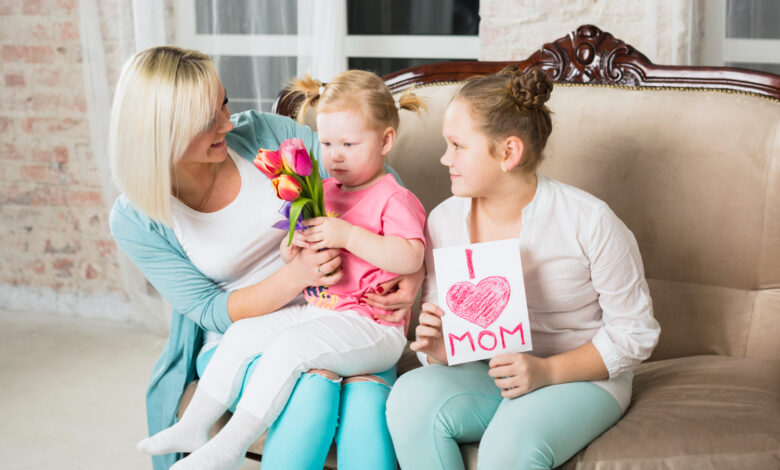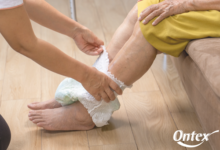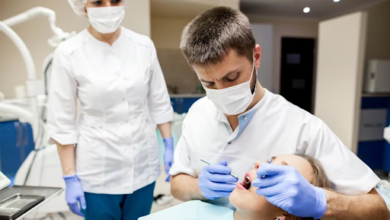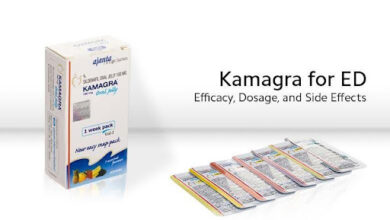Up to what age can a woman give birth?

According to the US Centers for Disease Control and Prevention, the average age of women giving birth to their first child increased from 21.4 years in 1970 to 26.8 years in 2017.
In the UK, this figure has also risen, from 25.6 years in 1920 to 29 years in 2018. Giving birth to a first child after the age of 30 has become quite common. However, these changes are more related to social norms than biology.
Female physiology remains unchanged: a woman’s body lives according to a specific biological program and does not take into account professional or personal fulfillment. Therefore, it is important to make the decision to have children at a time when fertility and egg quality are at their peak.
Biological and medical aspects of age
How does age affect fertility?
With age, the number of antral follicles in the ovaries decreases and the quality of eggs deteriorates. This is a natural, irreversible process. The older a woman is, the older her eggs are, as they are formed before birth.
Menopause and the end of reproductive function
With the onset of menopause:
- the number of eggs decreases dramatically;
- menstrual cycles stop;
- ovulation disappears;
- the endometrium undergoes age-related changes.
Residual ovarian hormonal activity is maintained, ensuring a smoother transition to age-related changes, supporting the cardiovascular system and overall well-being.
Optimal age and possible risks
Recommended age for childbirth
It is believed that the optimal age for giving birth to the first child is between 20 and 28 years old, and for the second child, up to 35 years old. This is due to both the quality of the eggs and the reduced risk of complications for the mother and fetus.
The main risks of late pregnancy
- Genetic: with age, the likelihood of having a child with chromosomal abnormalities, including Down syndrome, increases;
- Cardiovascular: increased stress on the mother’s body after age 36;
- Gestational: increased risk of preeclampsia, gestational diabetes, fetal hypoxia;
- Obstetric: increased likelihood of complications during childbirth and the need for a cesarean section.
Preparing for pregnancy after 35
For successful conception and pregnancy after 35, it is recommended to:
- undergo genetic testing of the couple (including karyotyping);
- normalize body weight;
- correct hormone levels and blood clotting parameters;
- eliminate possible anatomical obstacles (fibroids, polyps, cysts);
- provide psychological support and reduce stress levels.
Pregnancy after 40 and the possibilities of ART
Modern assisted reproductive technologies
Even after the age of 40, a woman can carry a healthy child with the help of assisted reproductive technologies:
- in vitro fertilization (IVF) with her own eggs;
- nuclear transfer (PNT) and splitting nucleus transfer (MST);
- IVF with egg donation or IVF with double donation;
- donor embryos and surrogacy in complex clinical cases.
Indications for egg donation
The donor program is recommended in the following cases:
- depleted ovarian reserve;
- previous ovarian surgery;
- the presence of serious hereditary diseases.
The main condition for successful implantation is a healthy endometrium and the readiness of the uterus to accept the embryo.
Late motherhood: pros and cons
Advantages of conscious motherhood in mature age
- conscious choice of parenthood;
- psychological and emotional maturity;
- stable financial and social situation.
Advantages of early motherhood
- high egg quality;
- minimal risk of chromosomal abnormalities;
- natural conception and childbirth;
- fewer chronic diseases and external stress factors.
What to do if motherhood is postponed?
- Undergo ovarian reserve testing (ultrasound, AMH analysis);
- Consider egg freezing before the age of 35;
- Treat gynecological diseases in a timely manner;
- Maintain a healthy lifestyle: diet, sleep, physical activity, and avoiding harmful habits.
The ideal age: an individual approach
From a physiological point of view, the most favorable age for pregnancy is between 20 and 35 years old. However, modern medicine allows women to safely become mothers later in life, especially with the use of ART.
Each situation requires an individual approach. It all depends on the woman’s health, lifestyle, and timely access to qualified help.
The Natuvitro reproductive medicine clinic supports its patients at all stages, from planning to childbirth. The competence of the team and the individual approach make it possible to fulfill the dream of motherhood regardless of age.





